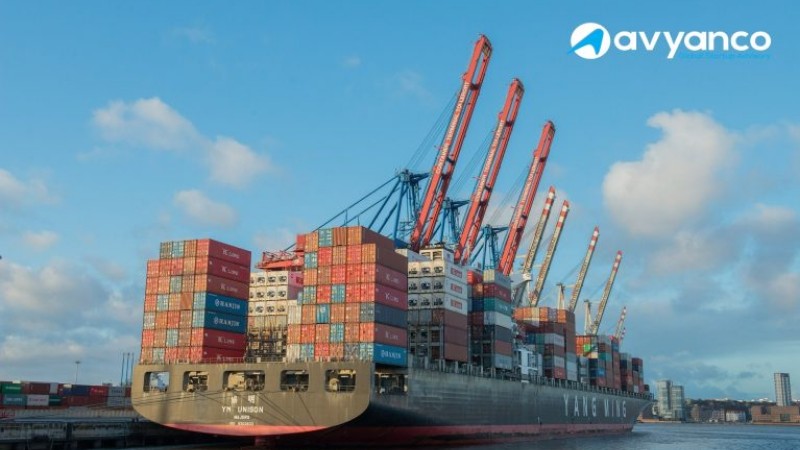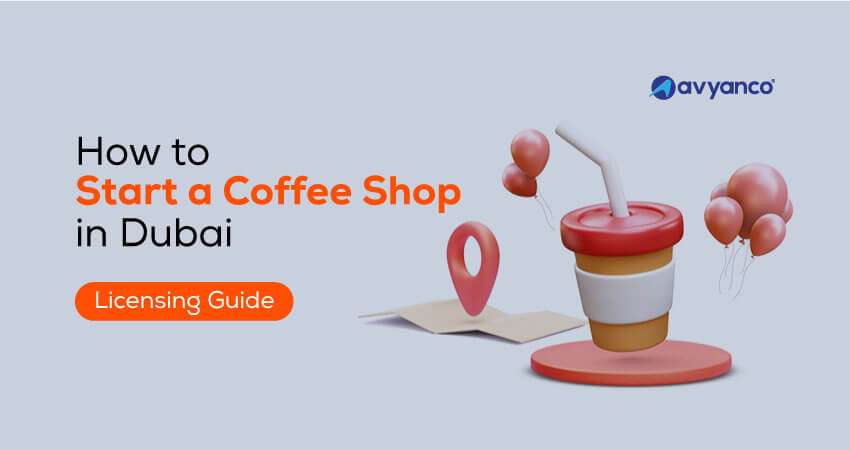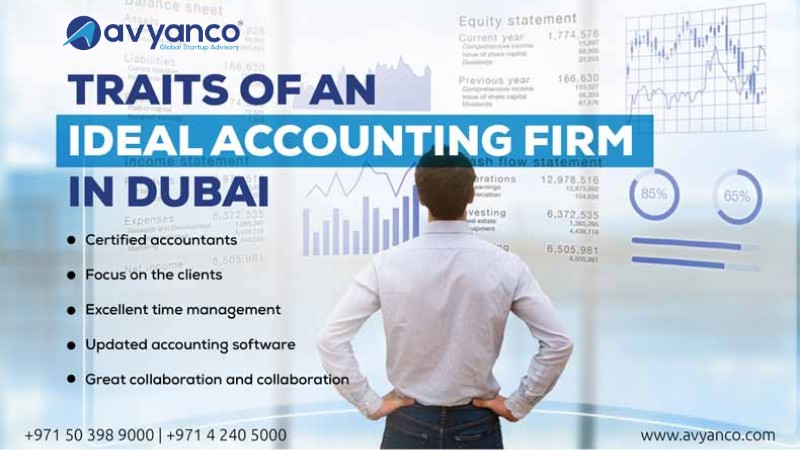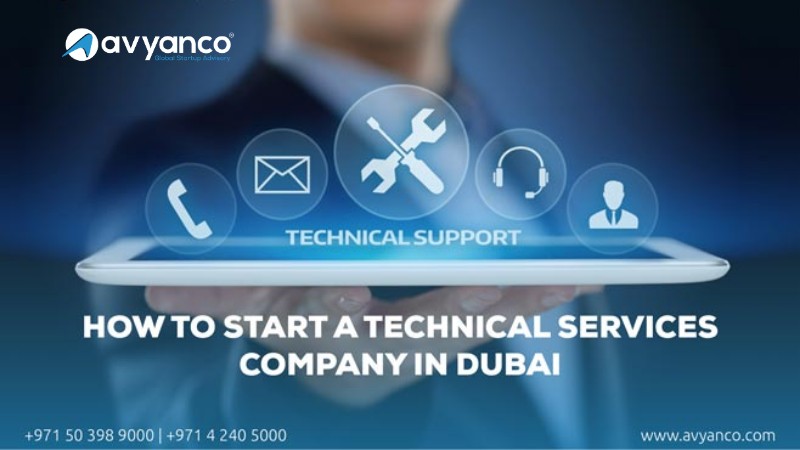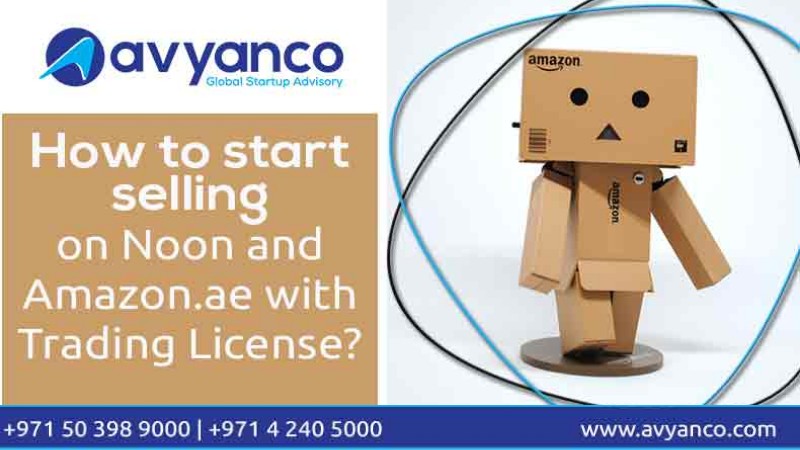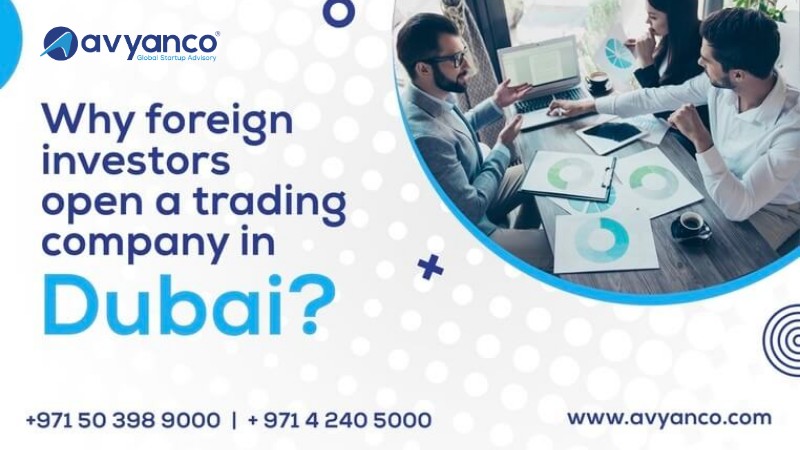Dubai is indisputably one of the fastest-growing economies in the world, and consequently an ideal trading hub. Well-linked to the rest of the globe by both sea and air, UAE is just a mere 8-hour flight away for two-thirds of the world’s population. Amid the numerous available business opportunities in Dubai, import-export business is a vital one. Going by the records of the past few years, having an import-export business in Dubai is a highly profitable venture too.
Together with modern and enterprise-friendly infrastructure, the UAE’s unique geographical position makes it very ideal for setting up an export and import business. To further help boost import-export business in Dubai, the government has initiated several schemes. Chief among them are e-services that the companies can utilize to manage the import and export of goods.
How do I get an import-export business license in Dubai?
The first step in starting an export-import business in Dubai is getting a trading or general trading license from the relevant license issuing authorities. A trading license allows you to import and export products. You will also need to register with the Dubai Customs department once the trading license is issued. However, if you plan to import or export any of the items that fall under the special or restricted category, you will need to obtain a special business license from the relevant government office. This includes gold trading approval from Dubai Police, Chemical trading approval from Dubai Narcotics Department, food items approval from Dubai Municipality etc..
Step by step guide for getting an import-export business license in Dubai
- Reserve the trade name of the company.
- Choose the trading activity of your business.
- Appoint a local sponsor of the company (Avyanco will help you find a sponsor).
- Select the office/shop/warehouse location and get a rent agreement for it.
- Sign the memorandum of the company either at the UAE notary public or the Department of Economic Development (E-agreement).
- Submit the documents to the Department of Economic Development (DED) and get a payment voucher.
- Pay the fees and get the license.
- Register the company in the immigration department.
- Get an investor/partner visa issued for the owner of the company.
- Register company with the Dubai customs department and get import export code.
- Start importing or exporting goods.
All the above processes may look relatively easy on paper, but in reality, it will take a lot of time and expertise to get them done without errors. Avyanco Business Setup can assist you with all the above processes and make your life easy so that you can focus on running your core business rather than the government liasoning process.
What is the cost of an import-export business license in Dubai?
The cost of an import/export business license is as follows:
| Trade license cost approximately | AED 13,500/-* |
| Import Export code fees | AED 350/- |
| Local Agent Service Fee | AED 10,000/-* |
| Office rent | subject to availability, location, and area of -the office (virtual office can be provided) |
**All above fees are for illustrative purposes only and are subject to change.
What are the documents required to get an import-export business license in Dubai?
To start an import-export business in Dubai, you will need to get a trading license in Dubai and register your import-export company in Dubai. The application must be submitted to the Department of Economic Development (DED). The following documents will need to be submitted: –
- A few name choices for company name reservation
- Company registration application form
- Passport copy of the owner
- Visa copy – can be either visit visa or residence visa
- If residence visa, then NOC letter from the current sponsor if the owner is working in the UAE
Dubai Custom procedure:
- Trade license
- MOA of the company
- Passport copy of the owner
- Visa copy – either visit visa or residence visa
- Rent agreement
- Fees Payment
Why Avyanco to help you get an import-export license in Dubai?
Avyanco is one of the leading business setup consultancy firms in the UAE. We offer end-to-end customized solutions for Business setup in UAE, Corporate PRO Services, Bookkeeping – Accountancy, Tax Compliance & Advisory, Audit – Assurance & Corporate Office Space. What gives us an edge over other business service providers in the UAE is that we execute our services in compliance with internationally adopted practices as it provides handholding in a complex jurisdiction. Contact Avyanco & allow our experts to guide you through setting up and getting a license for your export-import business in UAE. Call/WhatsApp: +971 50 3989000, (T): +971 4 240 5000, Email: info@avyanco.com.

